Philosophy of Education in Australasia: Looking back and Looking Forward
For 50 years, the PESA conferences have celebrated innovation and diversity in philosophy of education scholarship. The conferences have generated opportunities for academic friendships, intellectual partnerships and collegial arguments. At our 50th PESA conference, we will remember and celebrate the society’s distinguished and exciting past while also reflecting on the present and future of philosophy of education in Australasia. This conference will provide both in-person and online participation.
The 50th conference will highlight the history of PESA since 1970 and its contributions to, and achievements within, the local and wider philosophical and educational community. Furthermore, the conference will offer opportunities to reflect on the currents of thought, approaches to philosophy of education, and changes to education that have occurred in the last 50 years. When the first PESA conference was held at the University of NSW in 1970, the place of philosophy of education in the Australian and New Zealand educational landscape was very different to what it is today.
This conference will also look forward by considering the place of philosophy in education today and in the future. It will ask: What is the role of philosophy of education in times of both uncertainty and innovation, where truths become fake, and knowledge is precarious and difficult? And, how can philosophy of education help us face contemporary political, ecological, health, humanitarian and other crises?
Through looking back and looking forward, this conference will consider the implications of past and future change for our wider communities. It will ask, what even is community, in an era of continuous crises and pandemics? Scholars, activists, educationalists and philosophers have called for sustainable and equitable acts of community, framed by kaleidoscopic shifts in how people interact and communicate. Community acts as a relational encounter of responsibility and working together. This relationality occurs despite—and perhaps because of— ontological, epistemological, and cultural differences. Community might be imagined in ways that separate us: limited by ideological boundaries drawn according to geography, membership or status. But community can also draw us together in scholarly endeavours. Looking back and looking forward challenges what is and what isn’t remembered in history, what is and what is not an archive, what is and what is not community. It challenges what a learned society should be and raises questions about what constitutes philosophy of education.
Keynote Speakers:
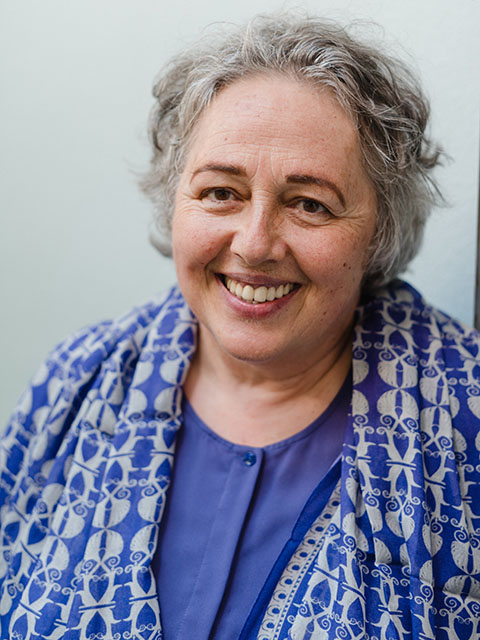 |
Rosi Braidotti, (Virtual Keynote) Rosi Braidotti is Distinguished University Professor Emerita at Utrecht University in the Netherlands. She holds Honorary Degreesfrom the Universities of Helsinki, 2007 and Linkoping, 2013. She is Fellow of the Australian Academy of the Humanities (FAHA), 2009; Member of the Academia Europaea (MAE), 2014; rand the ecipient Humboldt Research Award, 2022. Main publications: Nomadic Subjects (2011a), and Nomadic Theory.(2011b), Columbia University Press. The Posthuman, 2013, Posthuman Knowledge, 2019; Posthuman Feminism, 2021, Polity Press. www.rosibraidotti.com |
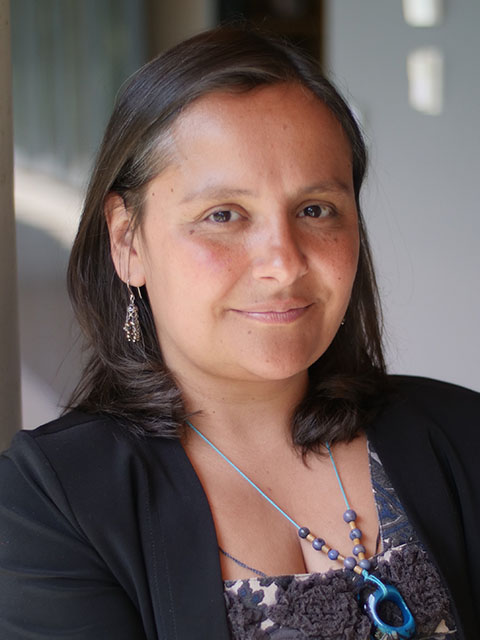 |
Vanessa Andreotti, (Virtual Keynote) Professor Vanessa Andreotti’s research examines historical and systemic patterns of reproduction of inequalities and how these limit or enable possibilities for collective existence and global change. Her publications in this field include analyses of political economies of knowledge production, discussions of the ethics of international development, and critical comparisons of ideals of globalism and internationalization in education and in global activism, with an emphasis on representations of and relationships with marginalized communities. She is one of the co-founders of the Gesturing Towards Decolonial Futures Arts/Research collective (decolonialfutures.net), whose work is the basis of her latest book "Hospicing Modernity: Facing humanity's wrongs and the implications for social activism". |
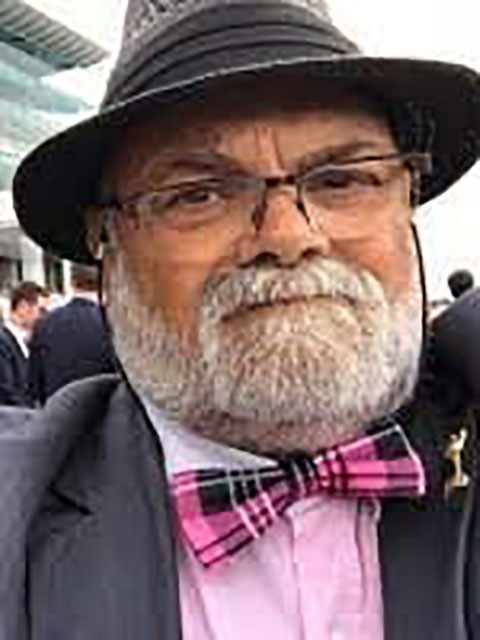 |
John Lester, John Lester is a strong Wonnarua man who has played a pivotal role in Aboriginal Education for over 30 years at the school, TAFE and university levels. One of the architects of the New South Wales Aboriginal Education Consultative Group, and a Life Member, he has been a leading policy innovator and pioneer of community empowerment. Career highlights include being first Executive Offices of the New South Wales AECG, a member of the National Aboriginal Education Committee, the first Aboriginal head of Aboriginal Units in the Department of Education and TAFE, the first Aboriginal TAFE principal, the inaugural Chair of Aboriginal Studies at the University of Newcastle and inaugural Director Aboriginal Education and Training in the New South Wales Department of Education and Training. |
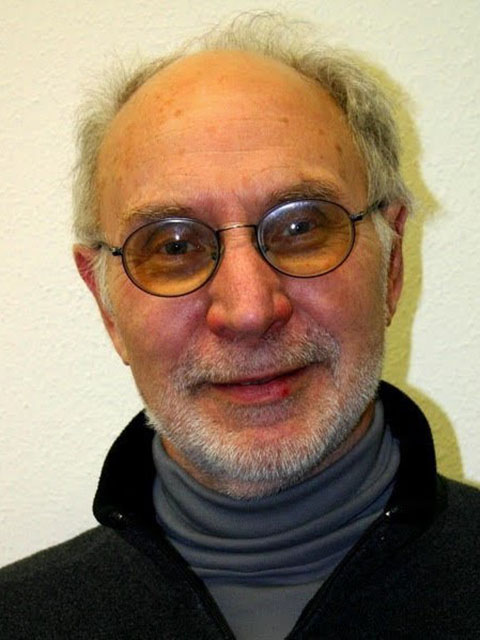 |
Thomas S. Popkewitz, Thomas S. Popkewitz is a Professor in the Department of Curriculum and Instruction, The University of Wisconsin-Madison, USA. His studies are concerned with the political and cultural politics of education knowledge and its comparative reason. These studies view schooling and research as practices creating kinds of people (e.g., the citizen, the learner, the child left behind) that distribute differences (the achievement gap) to exclude and abject. Recent studies focus the impracticality of present practical research for enacting its social commitments; examining historically current curriculum, teacher education, and international assessments as generating phantasmagrams that affectively differentiate potentialities about societies and people. |
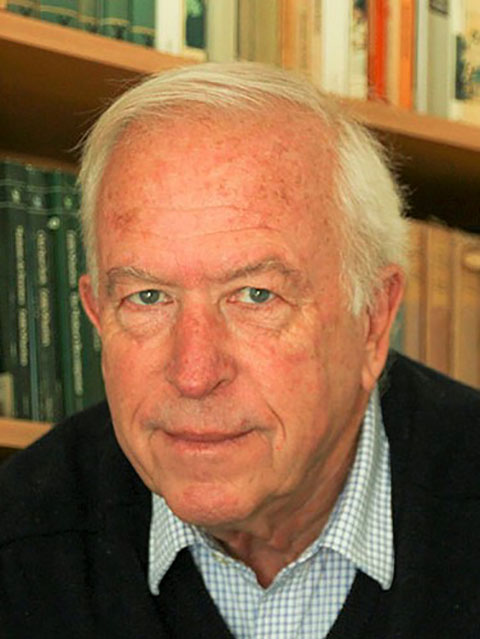 |
Simon Blackburn, (Virtual Keynote) Simon Blackburn is an English academic philosopher known for his work in metaethics, where he defends quasi-realism, and in the philosophy of language; more recently, he has gained a large general audience from his efforts to explain philosophy to a wider audience. His books include Spreading the Word (1984), Ruling Passions (1998), Think: A Compelling Introduction to Philosophy (1999), and The Oxford Dictionary of Philosophy (2016). |

